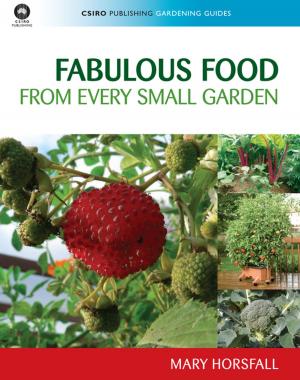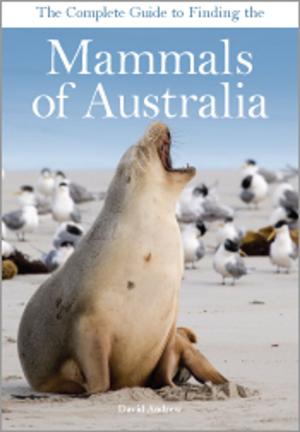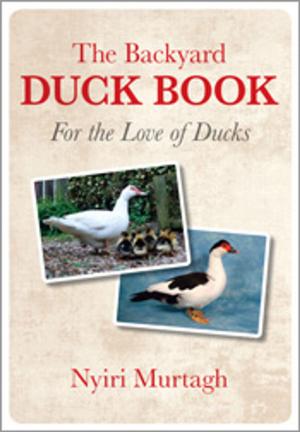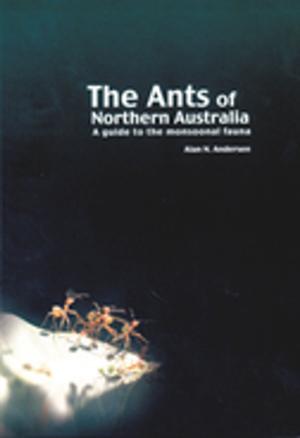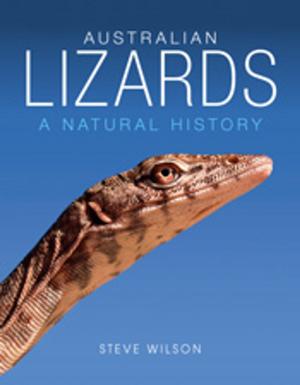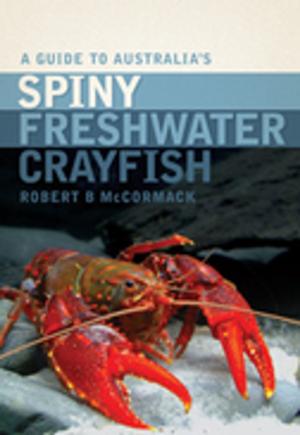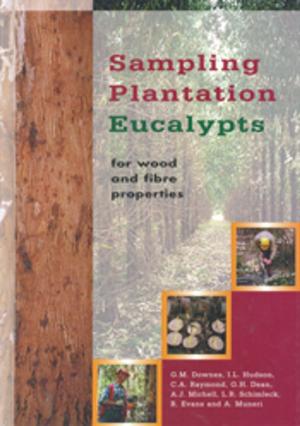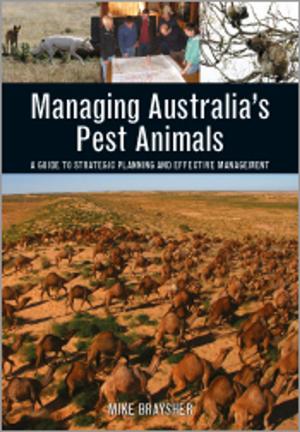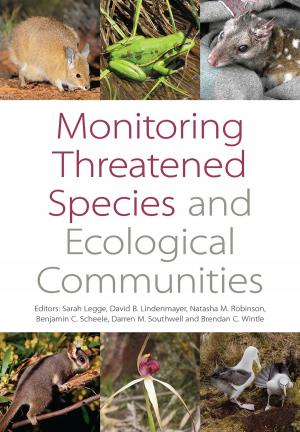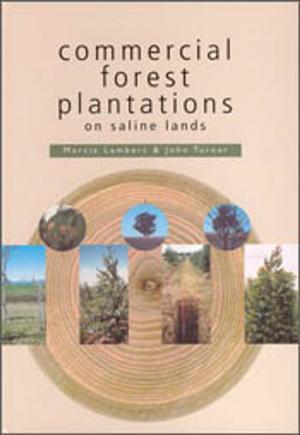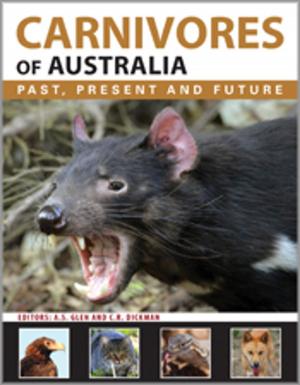Guidelines for Surveying Soil and Land Resources
Nonfiction, Science & Nature, Science, Biological Sciences, Environmental Science, Technology, Nature| Author: | ISBN: | 9780643099050 | |
| Publisher: | CSIRO PUBLISHING | Publication: | April 7, 2008 |
| Imprint: | CSIRO PUBLISHING | Language: | English |
| Author: | |
| ISBN: | 9780643099050 |
| Publisher: | CSIRO PUBLISHING |
| Publication: | April 7, 2008 |
| Imprint: | CSIRO PUBLISHING |
| Language: | English |
Guidelines for Surveying Soil and Land Resources promotes the development and implementation of consistent methods and standards for conducting soil and land resource surveys in Australia. These surveys are primarily field operations that aim to identify, describe, map and evaluate the various kinds of soil or land resources in specific areas. The advent of geographic information systems, global positioning systems, airborne gamma radiometric remote sensing, digital terrain analysis, simulation modelling, efficient statistical analysis and internet-based delivery of information has dramatically changed the scene in the past two decades. As successor to the Australian Soil and Land Survey Handbook: Guidelines for Conducting Surveys, this authoritative guide incorporates these new methods and techniques for supporting natural resource management. Soil and land resource surveyors, engineering and environmental consultants, commissioners of surveys and funding agencies will benefit from the practical information provided on how best to use the new technologies that have been developed, as will professionals in the spatial sciences such as geomorphology, ecology and hydrology.
Guidelines for Surveying Soil and Land Resources promotes the development and implementation of consistent methods and standards for conducting soil and land resource surveys in Australia. These surveys are primarily field operations that aim to identify, describe, map and evaluate the various kinds of soil or land resources in specific areas. The advent of geographic information systems, global positioning systems, airborne gamma radiometric remote sensing, digital terrain analysis, simulation modelling, efficient statistical analysis and internet-based delivery of information has dramatically changed the scene in the past two decades. As successor to the Australian Soil and Land Survey Handbook: Guidelines for Conducting Surveys, this authoritative guide incorporates these new methods and techniques for supporting natural resource management. Soil and land resource surveyors, engineering and environmental consultants, commissioners of surveys and funding agencies will benefit from the practical information provided on how best to use the new technologies that have been developed, as will professionals in the spatial sciences such as geomorphology, ecology and hydrology.

